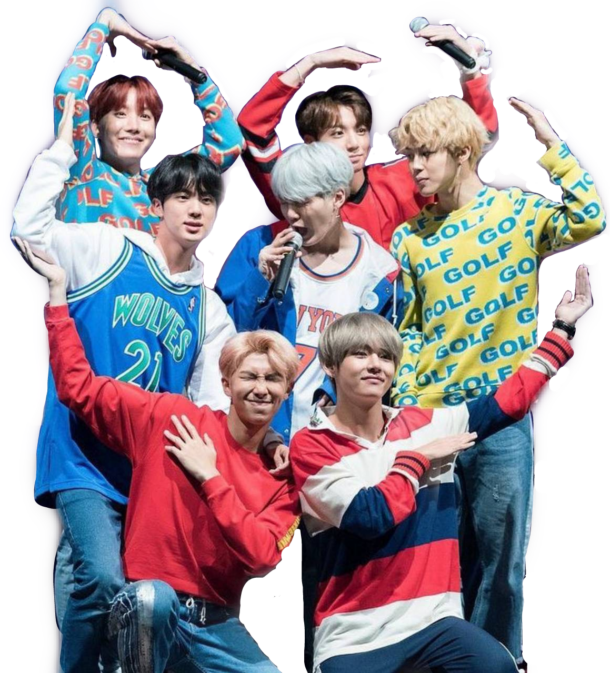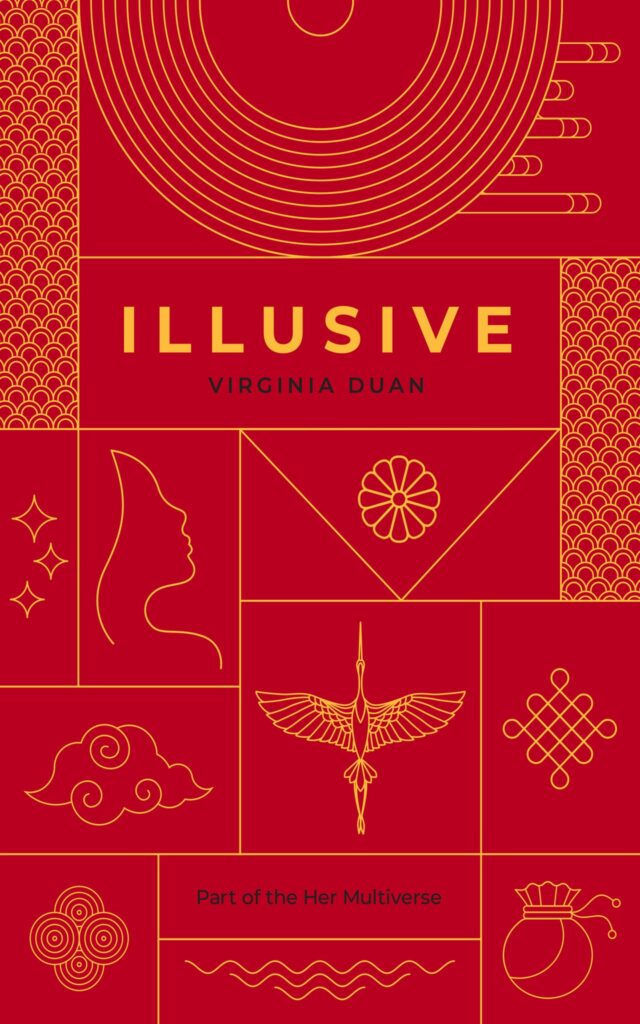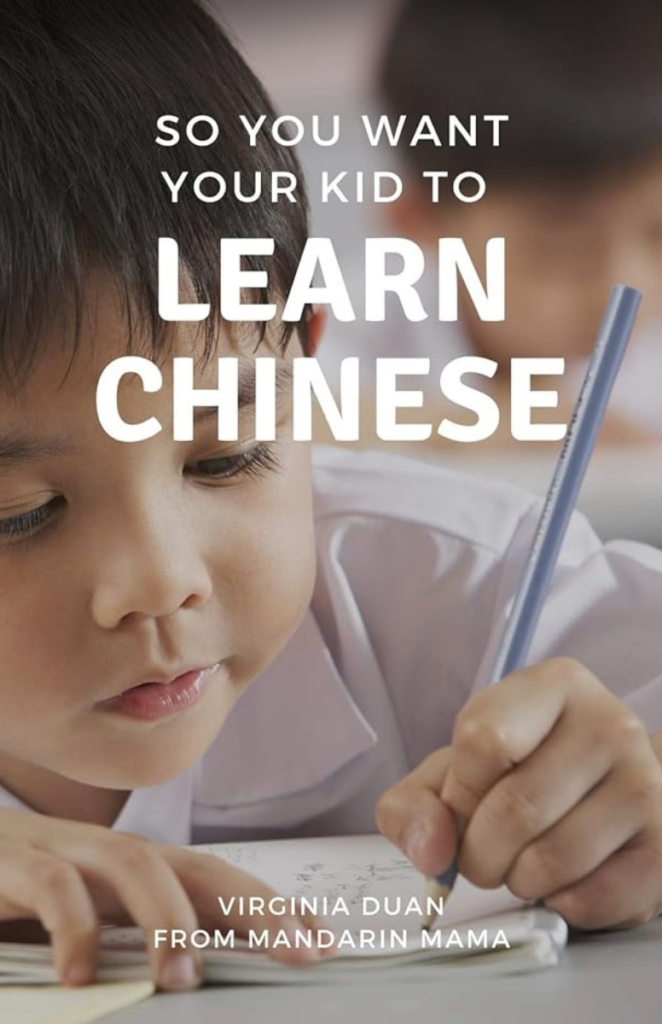As many of you know, I’m very gung-ho on raising my children bilingual in Mandarin and English. The English part is relatively easy since it’s the majority language of the Bay Area. (Although sometimes, you’d be rightly surprised!) Plus, it’s the language Hapa Papa speaks to the children, the language Hapa Papa and I speak to each other, and the language of the bulk of TV and media. English surrounds us.
As for Mandarin, for now, it is the main language in which I, my mother, and the kids’ teachers speak to my children. I have a ton of Mandarin DVDs, CDs, apps, and various books and media for my kids to consume as well. Both their preschools are in Mandarin, (one teaching traditional with zhuyin and the other teaching simplified).
I used to worry about the kids learning simplified Chinese characters because truthfully, I hate simplified Chinese. I feel it butchers and guts the rich history and meaning of the Chinese written language – a ploy by the Communist government to rip their citizens from any connection to the heart of being Chinese.
I know, it sounds so 1984 – but consider this: the traditional character for love is 愛. The simplified character is 爱. To the illiterate eye, it might not look any different at all, but for those of us who are literate (or in this case, semi-literate), the simplified character has literally ripped the heart out of love. For you see, the character for heart is 心 and it is no longer in the simplified word.
How can you have love with no heart?
At any rate, I am Taiwanese so of course, I am a bit biased. And now that Cookie Monster and Gamera have been in both schools for at least a year with no ill effects to their ability to recognize both traditional and simplified characters, I’ve decided that our children’s minds are incredibly agile and able to understand that the same character can have different physical representations. After all, aren’t most letters in the English alphabet like that anyway (albeit on a much simpler scale). There are upper case, lower case, different fonts, cursive, etc. Tons of ways to render the same letter totally different. And yet, no one bemoans that it is too difficult for our children to learn to read English!
I realize that was quite a tangent for something that most people couldn’t care less about, but to many of us Taiwanese Americans, it’s a pretty big fucking deal.
Either way, it’s good for my kids to learn to read Chinese – simplified or traditional. I just want them to be literate!
In fact, one of the main reasons I’m pushing so hard for homeschooling is Mandarin language retention. Through personal, anecdotal, and empirical data, once kids start regular school in English, you can pretty much count on their Mandarin to take a nosedive. It’s a sad but universally acknowledged truth. And the only way to combat that Mandarin attrition, is through a LOT of concerted effort.
Now, I know that officially, I have to homeschool my kids in English – but still. Their exposure to Chinese will be far more at home than at school. And also, at home, I can teach Chinese as well. This way, I don’t have to send my kids to additional Chinese schools either on Friday nights or Saturday mornings. Once all my kids are done with preschool, I can go back to Taiwan at any time and spend months there, too. (The only limiting factor would be time away from Hapa Papa.)
So, why do I want my kids to be not only fluent but also literate in Mandarin? I can give you a bunch of reasons such as the value of being bilingual/multilingual, communicating with my family in Taiwan, retaining cultural heritage, etc. But truthfully, one of the dominant reasons is because I know they will be judged and I want to remove one barrier in life to people questioning my children’s identities.
Growing up as an ABC (American Born Chinese), I often felt like a foreigner and like I didn’t fit in. Of course, I was smart and fluent in English and could converse with my peers, but that didn’t stop me from noticing that none of the “pretty” or “popular” girls looked like me. None of them ate what I ate. None of the media I consumed had people who looked like me. None of the fashion magazines gave advice on how to do makeup for Asian eyes or dress for our skin tones and figures (or lack thereof!).
I was invisible.
Then, on the few occasions I went back to Taiwan, I felt stupid because though I could speak the language, I couldn’t speak Taiwanese, and I couldn’t read or write at peer level. My family would always find it amazing that I could even speak Chinese at all. But then, occasionally tease us for cultural or pronunciation errors. I didn’t dress right, move right, or even communicate right and even awash in a sea of people who allegedly looked like me, I was picked out to be an ABC even before I opened my mouth.
I was dismissed.
Now, keep in mind that my spoken Chinese is actually very good – and people are often surprised that I am an ABC. However, as soon as I try to read something, it is evident that I am. (Although, with technology, my literacy has greatly improved to that of maybe a 2nd grader. Okokok… maybe a 1st grader.)
Since my kids are multi-ethnic, I can only imagine this “foreign feeling” to be even more heightened. To feel as if they are not really Taiwanese and not really white. (Forget anyone thinking they’re also Japanese. That pretty much never comes up.)
Of course, to my eyes, I think my kids look Chinese, but I do realize that my eyes are lying. Plus, since I’m used to seeing so many multi-ethnic kids, I think my sample size is a bit skewed. One thing for sure, whenever we head back to Taiwan, EVERYONE can tell my kids are mixed. And immediately, the assumptions and presumptions come flying.
My children are dismissed as not really Chinese. (No one says it, but I can feel it. Being a minority helps a person attune to what the majority is thinking.) People are surprised that they can speak and read Chinese. (In a way that is unintentionally insulting. Like, “Oh, good for you! You can walk and talk and not wet yourself!”)
My children are a novelty.
So yes, being bilingual is a great thing in and of itself. But one of the primary reasons I am so adamant is because I see their fluency as armor. As a way to say, “Fuck you” in whichever language they want to any who would dare underestimate them.
They will NOT be ignored. They will NOT be invisible.
Judge them at your peril.




